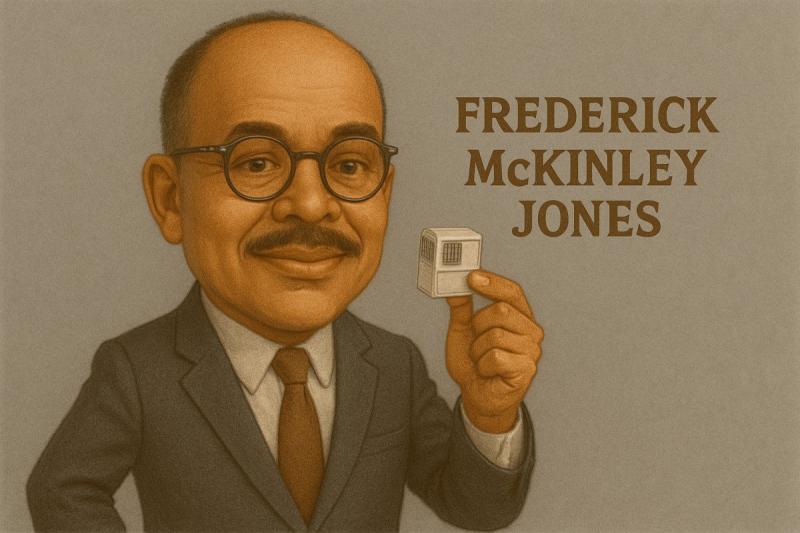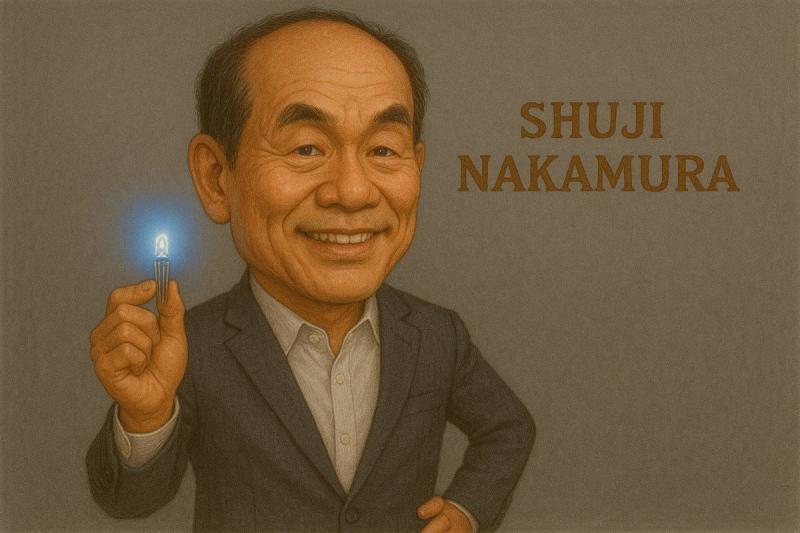Wilhelm Reich: The Controversial Pioneer of Orgone Energy
Ever heard of a guy who believed in cosmic energy so strongly that the FDA burned his books? Meet Wilhelm Reich, a scientist whose theories about life energy were so radical that they led to one of the most bizarre episodes of scientific censorship in American history.
Who Was Wilhelm Reich Anyway?
Wilhelm Reich started out as a pretty respectable dude in the psychoanalytic community. Born in 1897, he was once a star pupil of Sigmund Freud himself. But unlike his mentor, Reich wasn't content to just talk about psychological problems. He wanted to find their physical manifestation in the body.
In the beginning, his work was taken seriously. He developed character analysis and body-centered therapeutic approaches that are still influential today. But somewhere along the way, Reich's theories took a turn that the scientific establishment couldn't stomach.
The Discovery of "Orgone" Energy
In the 1930s, Reich became convinced he had discovered a primordial cosmic energy that permeated everything in the universe. He called it "orgone" - derived from "organism" and "orgasm," which probably didn't help his case with the conservative scientific community of his time.
According to Reich, orgone was:
- A blue-glowing energy visible under certain conditions
- The fundamental creative force in nature
- Connected to sexual energy and function
- Capable of influencing weather patterns
- Potentially healing when concentrated
Sound a bit out there? Yeah, the scientific community thought so too. But Reich wasn't just theorizing - he was building devices to work with this energy.
The Orgone Accumulator: Reich's Box of Controversy
Reich's most famous (or infamous) invention was the "orgone accumulator" - basically a box made of alternating layers of organic and inorganic materials. The box supposedly collected and concentrated orgone energy from the atmosphere.
The typical accumulator looked like a wooden cabinet lined with metal, sometimes with a small seat inside where a person could sit to absorb the accumulated orgone. Reich claimed sitting in this box could:
- Improve overall health
- Boost energy levels
- Enhance immune function
- Even treat cancer and other serious diseases
And that last claim? That's where things went from "eccentric but harmless" to "FDA is coming for you, buddy."
The FDA Crackdown: When Books Became Contraband
In the early 1950s, the FDA launched an investigation into Reich's orgone accumulators. They weren't happy about a guy selling boxes that supposedly cured cancer. Can't really blame them on that part, TBH.
But what happened next was pretty extreme:
- In 1954, the FDA obtained an injunction that prohibited the distribution of orgone accumulators
- They ordered all materials related to orgone theory to be destroyed
- When Reich refused to appear in court, he was arrested for contempt
- In 1956, FDA officials supervised the burning of several tons of Reich's books and journals
- Reich was sentenced to two years in prison, where he died in 1957, just days before his parole
Imagine having your life's work literally set on fire by government officials. Pretty harsh, right? Book burning isn't exactly something you expect in modern America.
Was Reich a Misunderstood Genius or a Pseudoscientific Quack?
This is where it gets interesting. From a mainstream scientific perspective, Reich's orgone theory has no empirical support. None. Zero. Zip. Modern physics simply doesn't have room for an omnipresent cosmic energy that behaves the way Reich described.
But his supporters point to several aspects of his work that were ahead of their time:
- His early work on character structure and body-centered psychotherapy has proven valuable
- His focus on the body-mind connection anticipated later developments in psychosomatic medicine
- Some of his observations about microscopic vesicles (which he called "bions") may have been early observations of phenomena we now understand differently
IMO, Reich represents something fascinating about scientific progress. Sometimes being partially right but mostly wrong is worse for your reputation than being completely wrong. People who are 100% off-base are easily dismissed, but those who mix insight with error create more complicated legacies.
Reich's Surprising Cultural Influence
Despite (or because of) being officially suppressed, Reich's ideas found their way into counterculture and alternative health movements. His influence pops up in some unexpected places:
William Burroughs, Jack Kerouac, and other Beat writers referenced Reich's work. Norman Mailer and J.D. Salinger were reportedly users of orgone accumulators. Even today, you can find people building their own accumulators based on Reich's designs.
A friend of mine once attended a workshop where they built small "orgone energy devices." She described it as "part new-age ritual, part DIY craft project, part physics experiment." She didn't become a true believer, but she found the experience thought-provoking—which seems like a healthy approach to fringe science.
The Legacy of Suppression
The FDA's extreme reaction to Reich—burning books and imprisoning their author—raises uncomfortable questions about scientific orthodoxy and freedom of expression. Was Reich dangerous enough to justify such measures? Couldn't they have just debunked his claims instead of destroying his work?
The suppression of Reich's work may have actually enhanced its appeal for some. Nothing makes an idea more attractive than telling people they can't read about it. :/
What Can We Learn From Reich's Story?
Reich's strange journey from respected psychoanalyst to imprisoned "energy" researcher offers some valuable lessons:
- Scientific consensus is necessary but can sometimes calcify into dogma
- Extraordinary claims really do require extraordinary evidence
- The line between revolutionary thinking and pseudoscience can be blurry
- Government censorship of ideas, even wrong ones, sets dangerous precedents
Whether you see Reich as a misunderstood genius, a well-meaning but deluded researcher, or a dangerous charlatan probably says as much about your worldview as it does about Reich himself.
Next time you hear someone talking about energy healing or alternative theories about how the universe works, remember Wilhelm Reich—a reminder that the history of science includes not just what turned out to be true, but all the fascinating wrong turns along the way.
And FYI, if you're thinking about building your own orgone accumulator... maybe just get some fresh air and sunshine instead. It's free, and the FDA won't come knocking. :)



